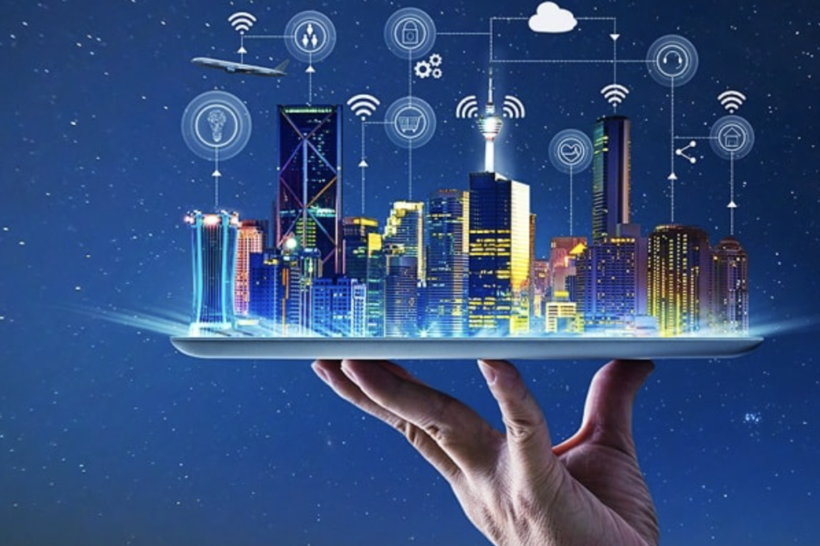Smart homes, buildings and cities are a glimpse of the future, and being connected can make properties function in ways that were never thought possible until now.
Here are 5 benefits of having a smart building.
Better Smart Equipment Maintenance
Appliances, equipment and lighting can all benefit from having a smart component. Aside from being controllable wirelessly and through the Internet of Things their status can be monitored closely.
Smart equipment can tell you if they need repairs or are running at less optimal capacity or efficiency. Technicians can make the necessary adjustments and renovations in a timely manner.
Greater Inhabitant Work Efficiency
Eliminate most menial tasks and workers can do more. Companies can cut hours every day so people can focus on their jobs and let the building handle the lights, temperature and more.
This applies not just to businesses but in residential homes as well. Families can enjoy better aesthetics and streamlined home processes.
Heading to a Greener and Brighter Future
Consuming energy only when it’s needed leads to better efficiency, decreased usage and greater savings.
All of this works toward the goal of having reduced carbon footprint and making the world more inhabitable. Less waste of energy means less carbon emission without having to compromise on comfort.
Increase in Asset Value
The building’s asset increases when smart applications are installed. Better energy measures mean the building won’t depreciate as much as a traditional structure. The appeal of having a more energy efficient, productive inhabitants is there and offers an advantage you won’t find anywhere else.
Automation Possibilities
Smart buildings can begin handling smart data from the components, and by analyzing the systems owners can plan ahead and prepare in advance.
Malfunctions can now be detected faster than ever, and maintenance costs go down since repairs can be made before the component fully deteriorates.
Laila Azzahra is a professional writer and blogger that loves to write about technology, business, entertainment, science, and health.
